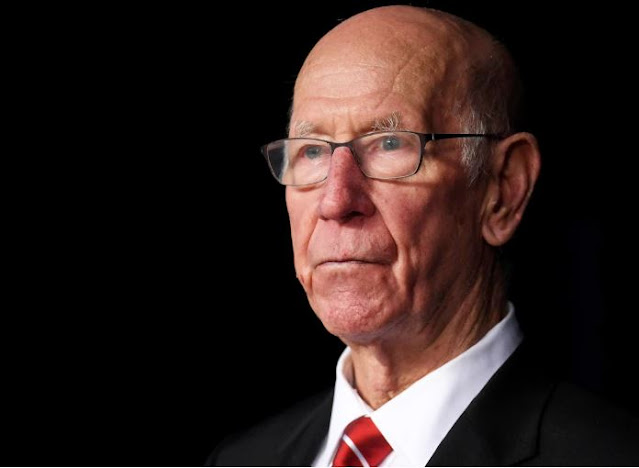Biden's Struggles to Attract Arab and Muslim Americans Amid Gaza War
Biden's Struggles to Attract Arab and Muslim Americans Amid Gaza War
As the front page of the Arab American News boldly proclaimed, "He lost our votes" in thick red letters beneath a full-width photo of President Joe Biden. This headline reflects the sentiments of many Arab and Muslim Americans and serves as a barometer for Biden's prospects among these communities as he campaigns for re-election in 2024.
The frustration within Palestinian, Arab, and Muslim American communities has been palpable due to the Biden administration's steadfast support for Israel's actions in the Gaza war. In response to this outrage, Biden and his top aides launched an outreach effort in late October, including meetings with Arab and Muslim advocates and the announcement of a national strategy to combat Islamophobia on November 1.
The U.S. government's rhetoric concerning the war also shifted, placing a stronger emphasis on protecting civilians and calling for humanitarian pauses to allow aid into Gaza amid the ongoing conflict. Despite these efforts, Palestinian rights advocates argue that the administration's charm offensive falls short of addressing their concerns. Abed Ayoub, executive director at the American-Arab Anti-Discrimination Committee (ADC), stated, "We need action, not just meetings or empty gestures."
A recent survey by the Arab American Institute revealed a significant drop in support for Biden among Arab American communities, with only 17 percent of respondents indicating they would back the president, down from 59 percent in 2020. Similarly, an NBC News survey in the key swing state of Michigan showed that only 16 percent of Arab and Muslim respondents would vote for Biden if the elections were held today.
Analysts point to several factors contributing to this decline in support, including Biden's initial unwavering support for Israel and his limited attention to the humanitarian crisis in Gaza, despite pledging increased political and military support for Israel.
The Biden administration's response to a hate crime that took the life of a six-year-old Palestinian-American boy named Wadea Al-Fayoume in Chicago prompted a shift in tone. Biden publicly denounced anti-Semitism and Islamophobia, followed by off-the-record meetings with Palestinian and Muslim advocates.
However, these outreach efforts have been criticized as "performative" and "falling flat" by experts. Yasmine Taeb, the legislative and political director at MPower Change, a Muslim American advocacy group, questioned the administration's sincerity, suggesting that the efforts appear to be aimed at improving Biden's poll numbers rather than addressing the community's genuine concerns.
The administration's announcement of a national strategy to combat Islamophobia was met with skepticism by the Council on American Islamic Relations (CAIR), which called for an immediate ceasefire in Gaza, arguing that Islamophobia had surged due to the Israeli government's actions.
Critics also argue that the administration has largely ignored anti-Palestinian sentiment and is focusing primarily on Islamophobia. Palestinian American advocate Hanna Hanania stated that the outreach efforts came "too little, too late" for the community, and that the administration's actions contribute to a negative perception of Palestinians as the aggressors in the conflict.
With Arab and Muslim communities collectively distancing themselves from Biden and the Democratic Party, the article concludes that the traditional "lesser of two evils" argument to secure their votes no longer applies, especially given the mounting death toll in Gaza. Many are disenchanted with the political options available to them, including a more hawkish Republican stance on Israel.







